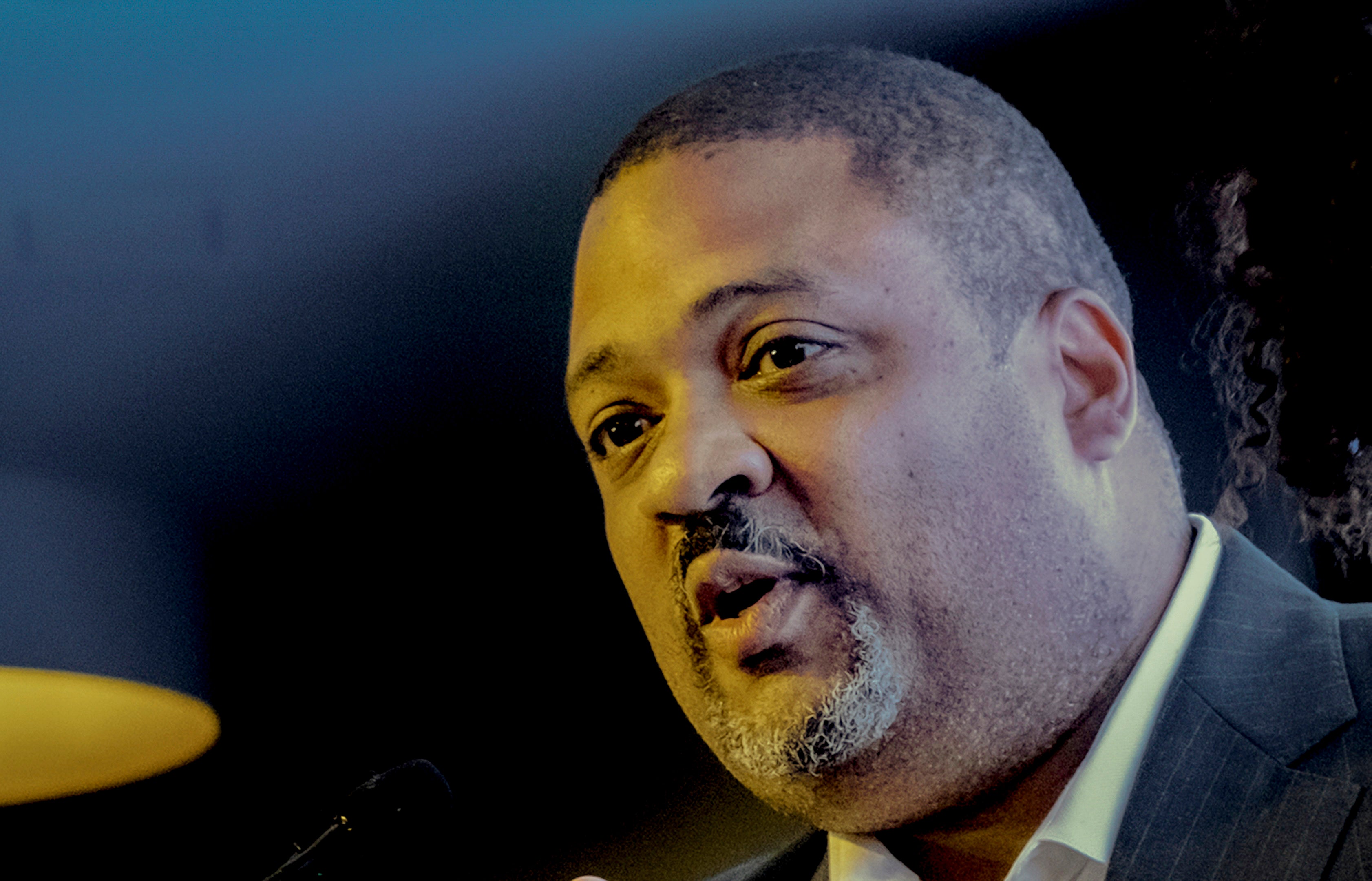Manhattan DA clarifies policies after a month of criticism
Manhattan’s district attorney is trying to blunt questions about his commitment to prosecuting armed robbery and assaults on police

Manhattan s top prosecutor tried Friday to blunt questions about his commitment to trying cases of armed robbery and assaults on police, backing away from some controversial policies he outlined days after taking office last month.
In a new memo, District Attorney Alvin Bragg said gunpoint and knifepoint stickups at stores will be prosecuted as felonies, as will illicit gun possession in most cases. The Democrat said his office will also “prosecute any person who harms or attempts to harm a police officer.”
“This office will continue to make case decisions that serve safety, accountability, fairness and justice,” Bragg wrote.
The memo comes a day after President Joe Biden visited New York to pledge more federal effort to help police and community groups combat gun violence, which has worsened nationally during the coronavirus pandemic. In New York, an 11-month-old baby and six police officers are among victims of gunfire since the start of this year; two of the officers died.
Bragg, a former federal prosecutor and civil rights lawyer who grew up in Harlem in the high-crime 1980s, campaigned as a progressive with firsthand experience of both violence and the toll of the criminal justice system. He said as a candidate that he would decline to pursue many low-level offenses.
Two days after taking office, he issued a lengthy memo telling staffers not to prosecute certain offenses, not to ask judges to detain people before trial on many charges, and not to seek prison time on many types of convictions.
“The memorandum has been a source of confusion, rather than clarity,” Bragg wrote Friday.
Some items, such as not prosecuting low-level marijuana possession and sale, build on moves that his predecessor and some others among New York City's five district attorneys made (the state went on last spring to legalize possession and use of small amounts of pot).
But Bragg quickly found himself on the defensive over other aspects of the new policy, including a direction to charge some armed robberies in commercial settings as misdemeanor petit larcenies if a suspect displays a weapon “but does not create a genuine risk of physical harm.”
That and several other provisions alienated Police Commissioner Keechant Sewell. She told officers in an email that she worried that an instruction not to prosecute resisting arrest charges in some instances would “invite violence against police officers.”
Bragg and Sewell later held what both characterized as a productive meeting, but the criticism didn't end there. The head of the city’s largest police union called the policies in Bragg's original memo an “experiment in denying reality.” Some lawmakers called on Gov. Kathy Hochul a Democrat, to remove the district attorney from office; she declined.
Bragg apologized last month and emphasized his office wasn’t backing away from serious cases, like gun violence and assaults on police.
“We put a legalistic memo out that gave rise to questions of good faith for many folks, and we’ve been in the process of trying to clarify and respond to them," Bragg said at a Jan. 20 forum hosted by New York University.
The New York Police Department responded to Friday's memo by saying it looked forward to "working together to ensure safety in our city.”
Messages were sent to civil liberties and other advocacy groups that have pressed for changing the criminal justice system.
___
Associated Press writer Michael R. Sisak contributed to this report.